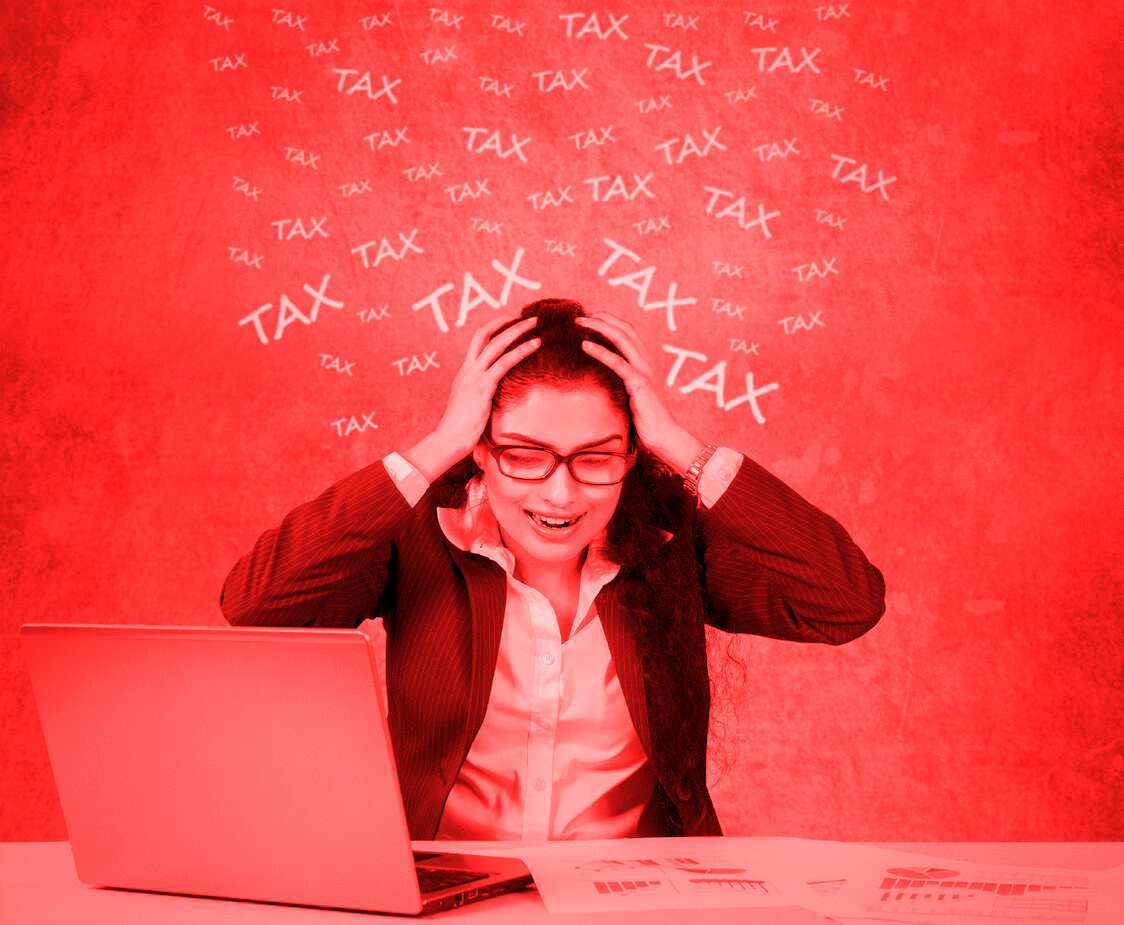When we were talking about Capital Gains Tax a few years ago, I was told by a tax specialist that there would never be enough tax revenue from the sale of only non-owner-occupied property, and that, at some point, after CGT had been introduced, it would be extended to include all property, including the family home. I was incredulous at the time, but after doing a few calculations, I could see what they meant. If the government taxes all property, even at a low rate, the returns would be enormous, as it would be a tax on the sale of all property, owner occupied or not. This could be done in the form of land taxes, stamp duty, capital gains taxes, wealth taxes, or the lot… all taxes which do not exist in New Zealand at the moment, apart from the Bright Line Test.
Enter Susan Edmunds, who never found a tax she didn’t like.
A new tax is needed to help right the increasing inequity between New Zealanders who own property and those who do not, two researchers say.
Tax expert Terry Baucher and Susan St John, director of the University of Auckland’s Retirement Policy and Research Centre, have written a working paper calling for a fair economic return approach to be applied to housing, which they said could generate $1 billion a year in tax.
They said housing had become the prime vehicle for wealth accumulation in New Zealand on the back of low interest rates, readily available loans and tax-free gains.
“Housing is viewed as a tradeable commodity and store of wealth, rather than a human right or a basic human necessity.
Mistake number 1. The majority of housing is bought for people to live in. It may be an investment, in that it doesn’t depreciate, but that is as far as it goes. Most people don’t buy houses to accumulate wealth. They buy them as an alternative to sleeping on a park bench.
“Accumulated fortunes in real estate enable and entrench a landed gentry whose incentives to work and contribute in a meaningful way are blunted.”
I like seeing myself as a member of the landed gentry, but this only happens to people who own rental property. No matter how much your house has gone up in value, it is never a disincentive to work unless it produces an income. Capital gains are unrealised until a property is sold and then, unless you buy another house, it is back to the park bench.
But, they said, the Government had taken the view that neither a capital gains tax, land tax, stamp duty nor a wealth tax was the answer.
“Yet the widespread unease that the growing wealth divide in housing is socially damaging makes doing nothing untenable. Other tools such as bright-line tests, loan to value ratios (LVRs), and non-deductibility of interest for some landlords can be helpful, but they are by no means sufficient on their own.”
See the danger in that? They are saying that simply taxing property investors is not enough, even though the lack of interest deductibility for landlords is an inequitable move which gives landlords fewer tax deductions than other types of business. They want to tax ALL property, including the family home… because something like 90% of privately owned property is owner-occupied.
As I said, this is not the first time I have heard this suggestion.
They said a capital gains tax could achieve horizontal equity in theory but only if capital gains were measured on an accruals basis. It was more likely that capital gain would only be measured at sale and there would be questions for Inland Revenue to define when a person had bought and sold outside the bright-line test.
“Any feasible future CGT has no impact on the accumulated untaxed capital gains in housing that have compounded over years of neglect to date, and is thus limited, if not impotent, to address the root harm of housing inequality.”
If a capital gains tax is introduced here at all, it will only be on gains realised at the time of sale, as in other countries. Taxing capital gains on an accruals basis is essentially a wealth tax, meaning people will be paying taxes on the value of their own home year after year, even though the home does not produce income in any form. This is not the transfer of wealth, it is the transfer of poverty.
But they said a fair economic return (FER) could provide a better result. It is based on the deemed rate of return approach, under which money invested in property is deemed to have provided a certain rate of return each year, whether that had been realised or not.
The tax would apply across all residential property.
Stuff.
“Fair economic return?” Don’t you love their definition of ‘fair’? Fair means taxing the house that you have bought by saving a deposit and then paying interest for years to eventually own the house outright… all to pay tax to a government that gives money to gangs and buys motels at twice their value to house people .
None of this is my definition of ‘fair’.
No one should have to pay tax to live in their own house. I am not aware of a country anywhere in the world that does this. And yes, there is inequality in our country, which has got worse over the last few years, and property prices have soared. Perhaps if the government had ever had a clue about building houses and their flagship Kiwibuild project had got off the ground, we would have more houses, and house prices would not be so astronomically high.
There’s a thought. But nah. Let’s just tax homeowners instead.
Please share this article

